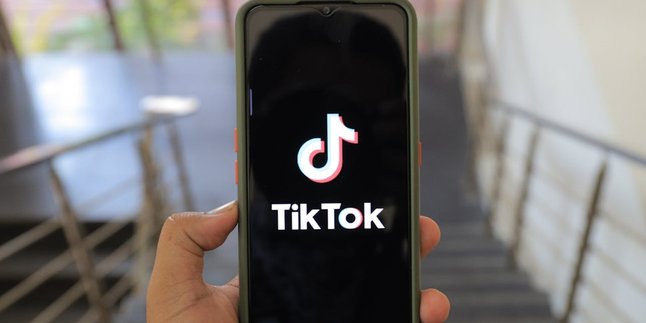Kapanlagi.com - The month of Ramadan has arrived, bringing blessings and opportunities for worship. However, there are times when we face circumstances that prevent us from fasting, such as illness, old age, or long journeys.
In Islamic teachings, there is a solution known as fidyah for fasting, which is a compensatory payment for those who cannot fast. Fidyah for fasting becomes an obligation for those who have a valid reason to miss the Ramadan fast.
The chairman of Baznas Bali, Yunus Niam, emphasized this in his statement, "Fidyah is an obligation for those who have a valid reason to miss the Ramadan fast," as reported by the official Baznas website.
The payment of fidyah aims to atone for the missed fasting obligation by feeding the poor. There are two ways to fulfill fidyah for fasting: it can be in the form of money or staple food such as rice.
To better understand the laws of fidyah for fasting and how to implement it, Liputan6.com has summarized important information from various sources. Check out the complete review that will help you experience Ramadan with meaning, even in limited conditions.
1. Law and Provisions of Fidyah for Fasting
Fidyah for fasting is an obligation for those who are unable to perform the fasting ritual due to certain reasons, as stated in the Quran: "And whoever among you is sick or on a journey, then a number of other days. And upon those who are able [to fast, but with hardship] is a ransom [fidyah], [that is] feeding a poor person." (Q.S. Al Baqarah: 184).
There are differing opinions among scholars regarding the amount of fidyah; according to Imam Malik and Imam As-Shafi'i, the fidyah paid is 1 mud of wheat, while the Hanafiyah scholars set it at 2 mud or equivalent to 1.5 kg. Fidyah can also be paid in cash, with the value determined based on the price of staple food.
In Jakarta and its surroundings, the BAZNAS Chairman's Decree sets the fidyah in cash at Rp60,000 per day per person.
Understanding this provision is very important so that we can fulfill the fidyah obligation correctly according to the adopted school of thought.
2. Groups That May Pay Fidyah
Not everyone who does not fast during the month of Ramadan is allowed to pay fidyah; only certain groups that meet the criteria are eligible.
For example, elderly individuals who are frail and unable to fast due to physical conditions, patients with severe illnesses that are difficult to recover from, as well as pregnant or nursing mothers who are concerned about their own health or that of their baby, can opt for fidyah with a doctor's recommendation.
Additionally, those who are on a long journey that makes it difficult to observe the fast.
For those who fall into this category, fidyah becomes a solution to fulfill the missed fasting obligation. However, it is very important to ensure that the reason for not fasting is in accordance with Islamic law.
Meanwhile, for those who deliberately leave fasting without a valid reason, they are still required to make up the fast (qadha) after the month of Ramadan, as the payment of fidyah cannot replace that obligation.
3. How to Pay Fidyah for Fasting
After calculating how many days of fasting were missed and the amount of fidyah that needs to be paid, it is time to take steps to fulfill this obligation. First of all, a Muslim needs to ensure the number of days of fasting that were left behind so that they can accumulate fidyah accurately.
If you feel that you will not be able to fast when Ramadan arrives, it is advisable to pay fidyah before the holy month, as recommended in the Hanafi school, especially for those who are elderly or have certain health conditions.
However, unlike the Shafi'i school, which requires fidyah payments to be made during the month of Ramadan. Before making the payment, do not forget to sincerely express the intention of fidyah, according to individual circumstances, whether for oneself or as an heir.
After the fidyah is paid, you will receive proof of payment, where the recipient will recite a prayer so that this charity is accepted by Allah SWT and becomes a blessing for all.
4. Deadline for Paying Fidyah
Fidyah, as a form of care for those who are unable to fast, has flexibility in its payment timing. Although there is no strict deadline, it is recommended to settle it as soon as Ramadan ends so that assistance can be directly felt by those in need.
According to information from Baznas, you can pay fidyah anytime before the next Ramadan, as long as you have already stopped fasting. There are several ways to pay fidyah: first, you can pay it all at once for all the days missed, for example, 30 portions for 30 poor people.
Second, if it feels burdensome, you can pay fidyah daily during the month of Ramadan, providing one portion for one person. Lastly, you can also settle fidyah after Ramadan is over, in accordance with teachings in the Qur'an that emphasize that the timing for paying fidyah is not limited.
(kpl/rao)
Disclaimer: This translation from Bahasa Indonesia to English has been generated by Artificial Intelligence.












